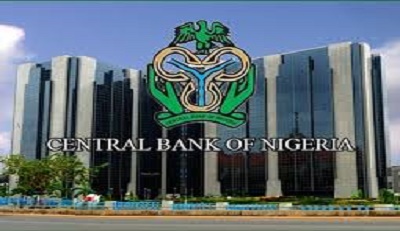The Central Bank of Nigeria has instructed Deposit Money Banks to eliminate the rate cap on the naira in the official Investors and Exporters’ Window of the foreign exchange market. This decision allows for a free float of the national currency against the dollar and other global currencies. The move comes shortly after President Bola Tinubu pledged to unify the nation’s multiple exchange rates and just before the suspension and detention of CBN Governor Godwin Emefiele, whose unconventional monetary policies were seen as hindrances to investors and the economy.
The decision by the CBN to float the currency has been praised by the organized private sector and economists who believe it will unify the country’s multiple exchange rates and bring stability to the foreign exchange market. Under the new system, buyers and sellers of foreign currency in the official FX markets are free to quote rates they find suitable, instead of rates being determined by the Central Bank of Nigeria.
Following the announcement, the naira depreciated to N664.04/dollar at the close of trading at the Investors and Exporters’ Window. This represents a 40.97% decline in the naira’s value compared to the previous rate of 471/dollar. The Central Bank of Nigeria has not yet updated the I&E Window rate on its website.
The CBN has informed banks that the rate cap has been removed at the I&E Window, allowing banks and customers to trade freely at any rate within a N1 spread between the buying and selling rates. The CBN also announced several other changes to the foreign exchange market, including the collapse of all foreign exchange segments into the I&E Window and the re-introduction of the “Willing Buyer, Willing Seller” model.
The decision to float the naira has had an impact on the parallel market, where the naira closed at 757/dollar. Currency dealers in Lagos, Abuja, and Lagos airport reported that the naira was being bought and sold at 757 and 750, respectively. The Nigerian stock market responded positively to the news, with the All-Share Index trading 3.99% higher and the market capitalization appreciating by N992bn.
Economists and industry experts have shared their opinions on the decision to float the naira. Some believe it will attract more international investors and boost the country’s economy, while others caution against unifying the exchange rates completely and suggest having separate rates for commercial and educational purposes. The decision is expected to bring clarity and transparency to the foreign exchange market but may also have implications on government debt, budget deficit, and revenue.
Overall, the move to float the naira is seen as a significant step toward unifying the country’s exchange rates and bringing stability to the foreign exchange market. The decision has both positive and negative implications, and its full impact will be observed in the coming months.

Leave a Reply